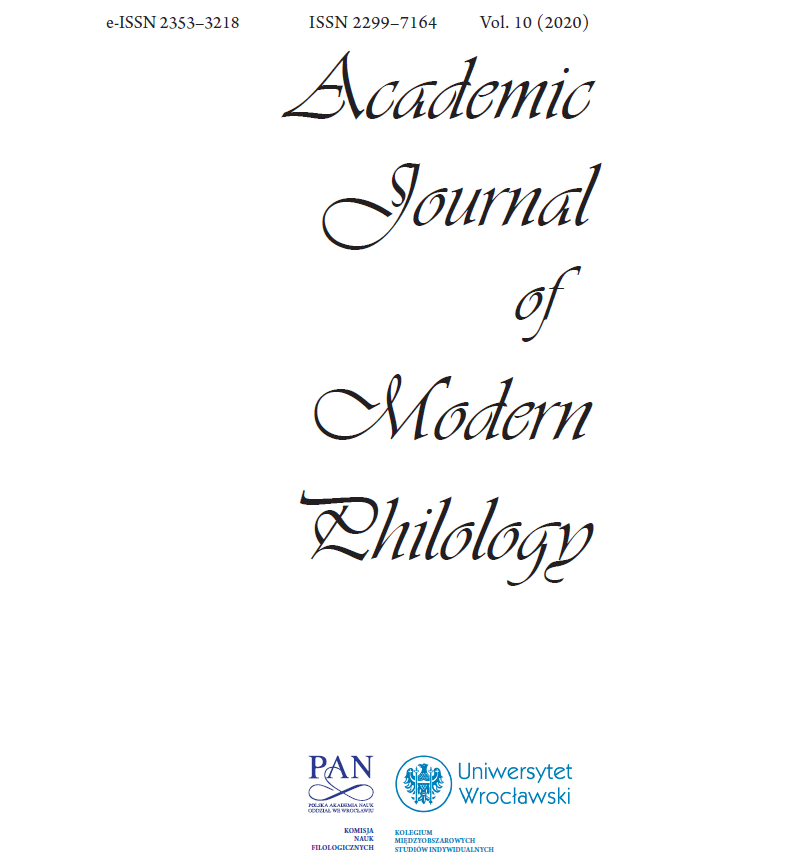T .S . Eliot’s Anti-Elitist View of Education
T .S . Eliot’s Anti-Elitist View of Education
Author(s): Anna BudziakSubject(s): Language and Literature Studies, Education, Theory of Literature
Published by: Komisja Nauk Filologicznych Oddziału Polskiej Akademii Nauk we Wrocławiu
Keywords: T.S. Eliot; education; class; elite; social mobility; (anti-)egalitarianism
Summary/Abstract: Born into a family boasting eminent educators—William Greenleaf Eliot, founder of Washington University in St. Louis, and Charles William Eliot, famous Harvard President—T.S. Eliot joined the debate about schools and universities early on, in the era of the great educational reform leading to the development of the system of elective courses. He criticized the changes and the resulting decline of Classics, though his concern with the problem of education was never being purely theoretical. On the one hand, his own education was a product of the elective system, and he himself, as he complained, a “victim” of it. On the other hand, Eliot, for a while, was also a teacher: prior to working at Lloyds Bank, and before his professional and financial investment in Faber and Faber, he taught pupils in grammar schools and, as an extension lecturer under the auspices of Oxford University, evening classes to adults. His interest in educational issues continued over many years, assuming diverse forms—from writing on education to lecturing and giving opening addresses at universities, to recommending poetry books for pupils and asking practical questions about the accessibility of university accommodation for students from abroad. Nevertheless, he was criticized for seeming to oppose the equality of educational opportunity. This essay re-examines the ideas from Eliot’s “Notes towards the Definition of Culture” (1948) and “The Aims of Education” (the four lectures delivered in 1950 and included in “To Criticize the Critic” in 1965) in the context of his ephemeral prose writings, and it reconsiders the question of whether Eliot’s views on education did indeed represent exclusivist elitism.
Journal: Academic Journal of Modern Philology
- Issue Year: 2020
- Issue No: 10
- Page Range: 57-64
- Page Count: 8
- Language: English

